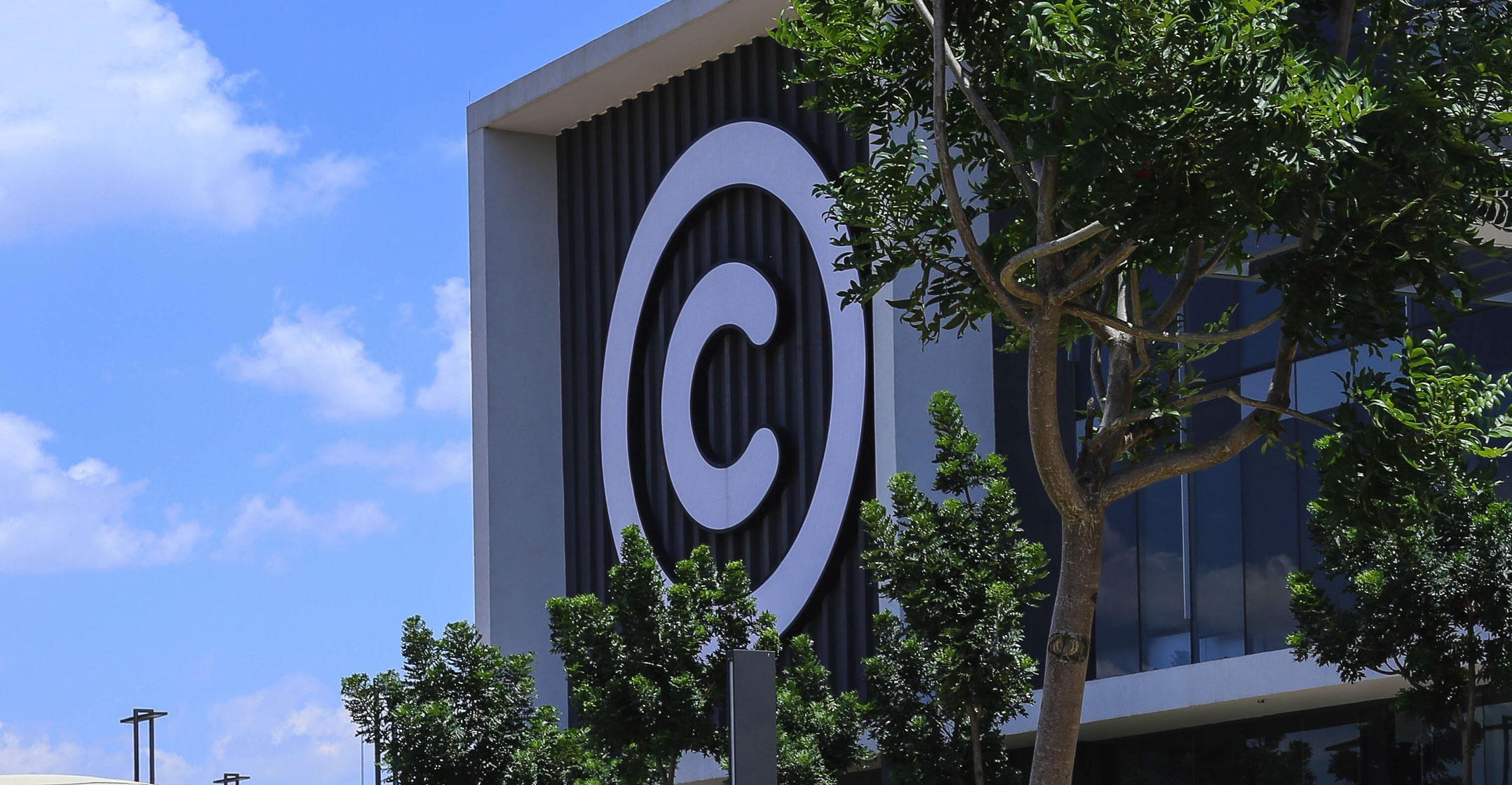 Cell C is conspicuous by its absence from communications regulator Icasa’s announcement on Friday of the companies that have been given access to temporary spectrum during the Covid-19 crisis. That is by design, the company said in response to a query from TechCentral.
Cell C is conspicuous by its absence from communications regulator Icasa’s announcement on Friday of the companies that have been given access to temporary spectrum during the Covid-19 crisis. That is by design, the company said in response to a query from TechCentral.
Icasa said earlier on Friday that it has assigned emergency temporary spectrum to telecommunications operators to deal with network demand during South Africa’s National State of Disaster declared by government to deal with the Covid-19 pandemic.
It has assigned spectrum blocks in the 700MHz, 800MHz, 2.3GHz, 2.6GHz and 3.5GHz bands – the same frequencies it intends auctioning off later this year. While Telkom, Vodacom, Liquid Telecom, MTN and Rain were all granted additional spectrum, Cell C was not.
That’s because it didn’t apply for additional spectrum – and there are several reasons for that decision, it said.
The first, and biggest, is that as part of its turnaround strategy implemented in the first quarter of 2019, the mobile operator is shifting from a build-and-buy strategy with high capital expenditure to a roaming model with partner MTN.
“We are comfortable that, together with our roaming agreement partners, we are able to manage traffic between networks to find the most efficient way to connect our subscribers,” Cell C said.
The second reason is that Cell C has capacity on its network because of measures taken last year to manage network traffic more efficiently. This included discontinuing its fixed-LTE services and reducing the number of loss-making subscribers on its books.
Technical reasons
There are also technical reasons it didn’t apply, it said. Its network hardware isn’t capable of utilising spectrum blocks in the 700MHz, 800MHz and 2.6GHz bands, which formed part of the temporary allocation.
“It must also be noted that the announcement by government is a temporary measure in response to the current Covid-19 pandemic,” Cell C said.
“What is needed going forward is for wholesale regulations to be implemented. As more spectrum is allocated to the bigger players in the market, their efficiencies will improve, and those efficiencies will filter down to their wholesale customers and consumers at large.” — © 2020 NewsCentral Media




